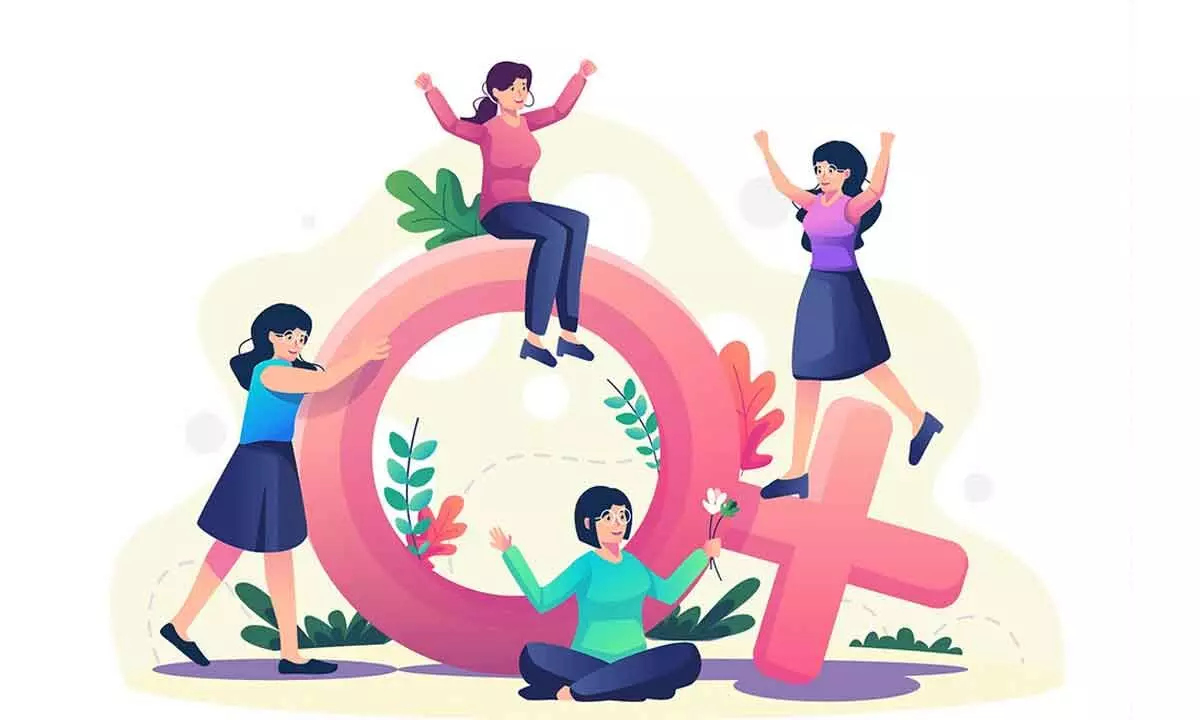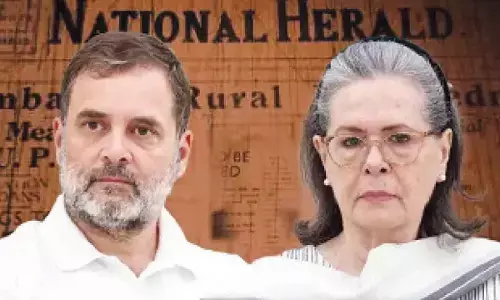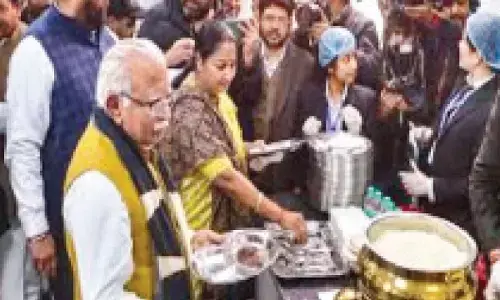Women em‘power’ment can be a game-changer

The status of women has been an exalted one in the Indian history and culture since Vedic times - so much so that an Aryan period saying finds reference in popular parlance as ‘’Yatra Naryastu Pujyante Ramante Tatra Devtah’. They, however, suffered subjugation in various forms, especially education and marriage, through the medieval period till the onset of East India Company rule attempted certain measures aimed at amelioration of their conditions, such as Bengal Sati Regulation (1829), Hindu Widows’ Remarriage Act (1856), Female Infanticide Prevention Act (1870), and Age of Consent Act (1891). The British government paved way for women’s education and we all know how Mahatma JyotiraoPhule started the first school for girls at Bhide Wada in Pune in 1848, where his SavitribaiPhule also taught the girls. The British also tried to address polygamy, purdah system, instant divorces, though with little success. Several thousands of women actively participated in the struggle and made sacrifices. Several names come to mind and evoke admiration and immense respect.
Women’s rights in the Constitution of India include equality, dignity, and freedom from discrimination; additionally, India has various statutes governing the rights of women. The results are there for all to see. While one rarely hears of any discrimination against the fair sex in other fields, with even aviation and defence sectors being thrown open to them, it is in politics that women continue to lag behind and few have any say in organs of government or hierarchy of political parties. Attribute it to money and muscle power - and male chauvinism.
First of all, why the need for greater participation by women in politics at all? Their active and equal participation certainly pushes for gender equality, democracy, greater empathy for the suffering and increased prioritisation, especially, to social issues such as education, health, special rights and gender balance at work place. The World Bank says that closing gender employment gaps could increase long-run GDP per capita by almost 20%.
Viewed against this backdrop, the 2024 general elections naturally raise curiosity as to the numbers of women contestants. Though, the Lok Sabha almost unanimously - only two MPs opposed - passed the women reservation bill on 21 September 2023, providing for 33% reservation of seats in state legislatures and the Lok Sabha, it will be implemented only after the completion of census and delimitation exercises. Thus, it is unlikely that it will come into force for even 2029 elections.
The number of women MPs rose from 4.5% in 1957 to 14.4% in 2019, but it was not commensurate with their share – nearly half - in the population. There were only 78 women MPs out of 542 elected to the 17th Lok Sabha in 2019. Cut to the present, for the first phase of elections to be held on April 19, we have only 134 women (8%) among the 1,625 contestants. It points to the tall talk of all parties on true women empowerment. As for the manifestos that matter, the Congress manifesto promises 50 per cent quota in Union government jobs for women, doubling of central contribution to salaries of ASHA workers, Anganwadi staff and mid-day meal workers, Rs 1 lakh per year Mahalaxmi scheme and women’s quota in State elections from 2025. In contrast, BJP which is sure of forming government again promises to make 30 million ‘LakhpatiDidis,’ expand healthcare for certain cancers and oteoporosis, more public toilets, working women’s hostels and creches, and greater participation in sports. Hope all this is not hot air. Voters, too, shall bear it in mind to press government on its promises and pay heed to key needs of women.








